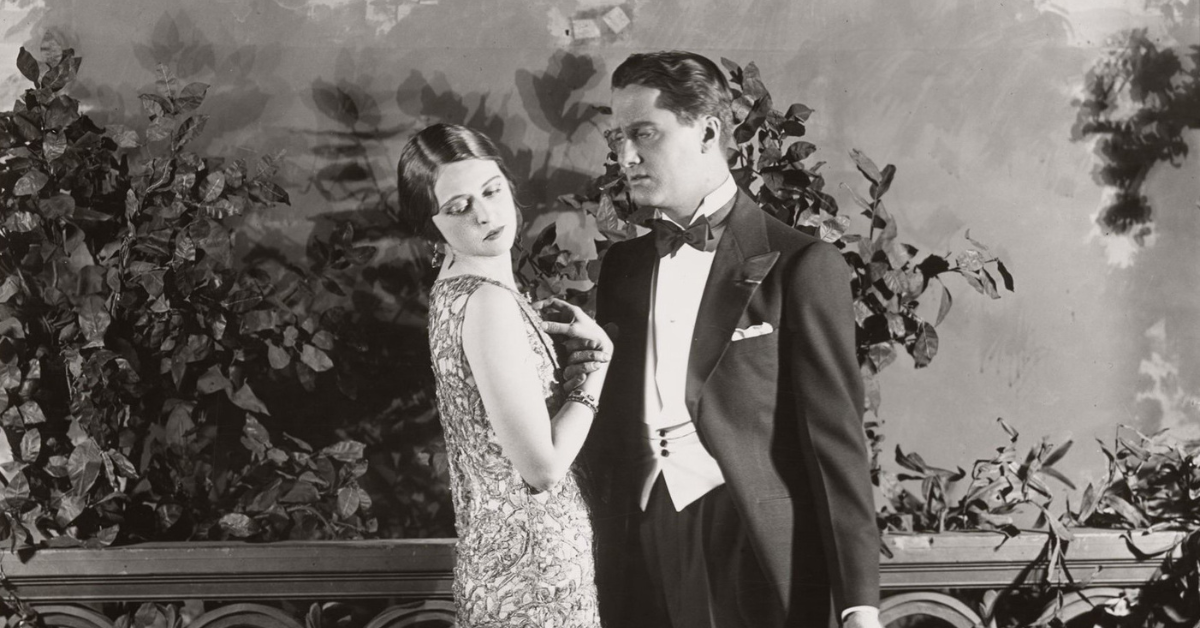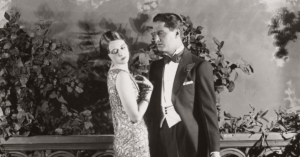

Image: James Rennie and Florence Eldridge in the stage production of Owen Davis’ dramatisation of ‘The Great Gatsby’, 1926. The New York Public Library Digital Collections.
Jay Gatsby’s parties are the stuff of legend—champagne flowing, music soaring, lights shimmering on the water. A century after The Great Gatsby was published, his extravagant soirées remain the ultimate symbol of Jazz Age excess.
But look closer, and Gatsby’s gatherings tell a different story. They aren’t really about fun—they’re about longing, illusion, and the dream of turning back time.
So, what can we learn from Gatsby’s parties? Here are three lessons—both for hosting and for life.
1. A Great Party Is About People, Not Spectacle
“This is an unusual party for me. I haven’t even seen the host.”
Gatsby’s guest list is endless, yet few know him. They come for free-flowing drinks and whispered scandals, not friendship. When the party’s over, Gatsby is left just as lonely as before.
Lesson: A true gathering isn’t about size or spectacle—it’s about connection. The best hosts don’t impress their guests; they engage with them.
2. Nostalgia Can Ruin the Present
“Can’t repeat the past?” he cried incredulously. “Why of course you can!”
Gatsby’s parties aren’t celebrations—they’re attempts to summon the past. He doesn’t throw them for joy, but for one guest: Daisy Buchanan, the love he lost. But when she finally arrives, the illusion collapses.
Lesson: The past can’t be rebuilt, no matter how dazzling the performance. Live in the present—before the lights go out.
The Party Always Ends
“They’re a rotten crowd,” I shouted. “You’re worth the whole damn bunch put together.”
By the novel’s end, Gatsby’s mansion is silent and empty. His guests—so eager to enjoy his wealth—vanish when he needs them most. His pursuit of a dream built on illusion has left him alone.
Lesson: The spectacle fades, the crowd disperses, and what remains is what truly matters. What are you left with when the music stops?
What Are We Really Celebrating?
A hundred years later, Gatsby’s parties still fascinate us—but not because of their glamour. They endure because they reveal something deeply human: our desire to impress, to hold onto the past, to chase dreams that may never be real.
Maybe the real lesson isn’t how to throw a party—but how to build something worth celebrating long after the music fades.




